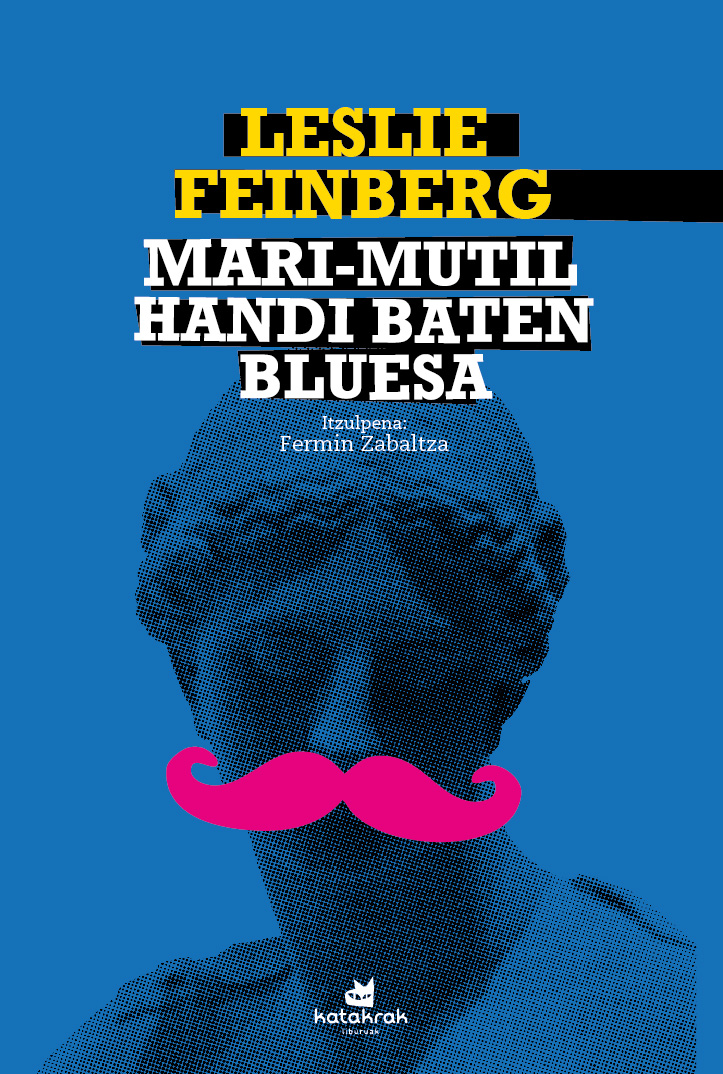

The translator Fermin Zabaltza and the publisher Katakrak have been in charge of launching the Stone butch blues project by Leslie Feinberg (1993). The life of the fictional character Jess Golberg is what we will discover in this book. Lesbian (stone) butch or mari-boy (handi), being a trans* lesbian or husband, will manage to feel at home in your body.
To define the Stone butch (or the Mari-Chico Mayor) J. In the book by Halberstam Femmacho inity (1998) we find that it is a queer gender that calls into question the binary systems of sex and gender (expression of female masculinity and the lesbian body between transgender subjectivity; that renounces the anatomical femininity imposed without allowing the sexual contact of its lovers).
Lesbian feminists of 1970 rejected the roles of butch-femme of the 1950s and 1960s as a copy of the heteropatriarchy. Therefore, the prohibition of female masculinity in the lesbian community may lead some butch not to identify with the lesbian condition and bring them closer to the transgender category. At this crossing we found Jess. He is a friendly, hard-looking colleague. He says that there are many ways to be Mari-boy and that he is neither a woman nor a man, overcoming borders and binarisms.
The song is sad (blues): the terrible experiences of male lesbians and some testimonies of oppression and struggle (with different intersectionalities in the characters). You will suffer violence and harassment from your environment, especially lesbophobia and transphobia, and fear and shame for feeling different/complex.
We will learn the origins of some liberation movements (around Stonewall and the first unions in the United States). And it will emphasize the need for community and collaboration, both in the LGTBQ movement and in the struggle of workers.
In 2003, he said that this is a novel against oppression (lesbians, trans, workers, blacks, prostitutes, are their main characters). And at the beginning of the Basque version, it says the following: “It’s the voice of someone who experiences oppression, resistance and pride.” A highly recommended book to know and awaken the desire to undertake.